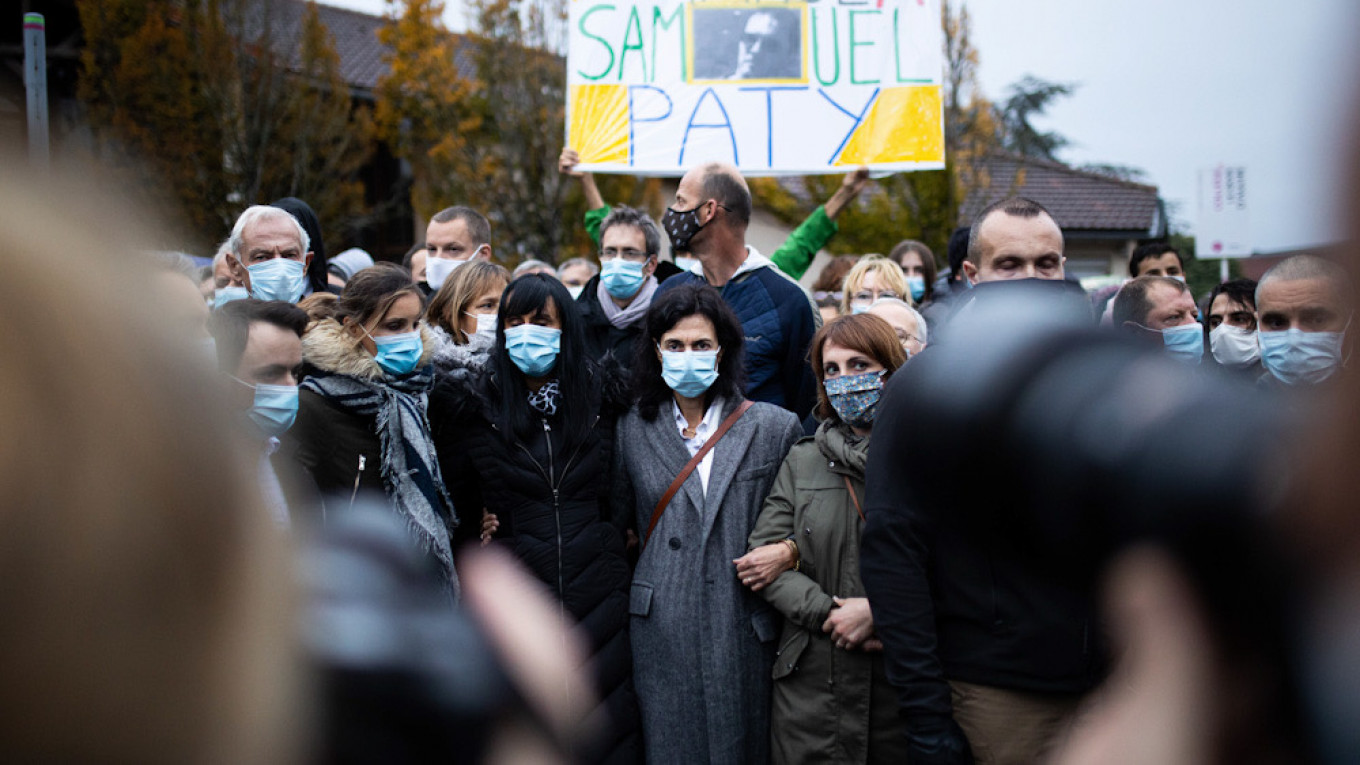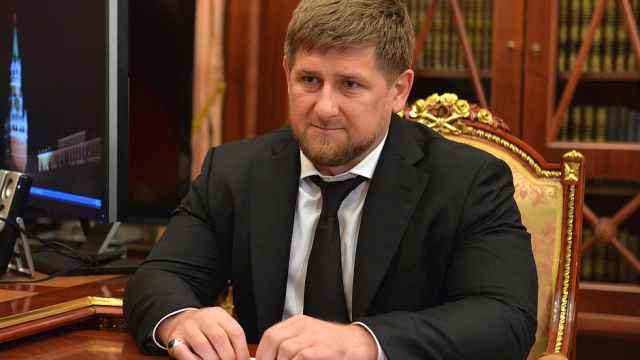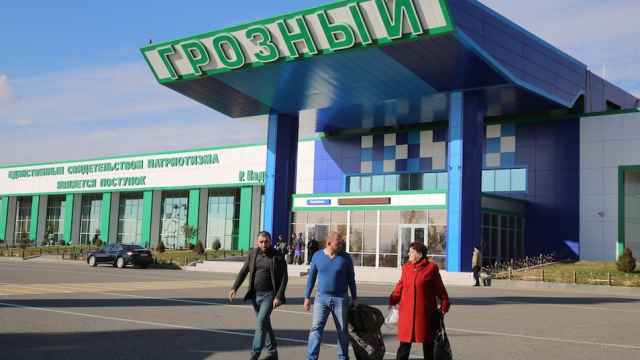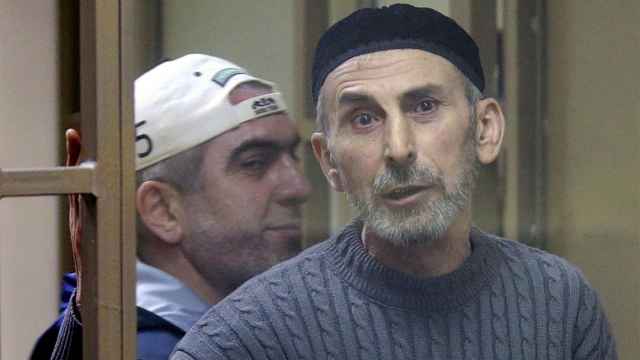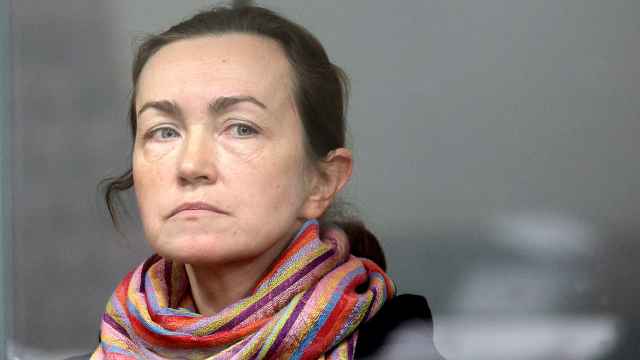The Kremlin has spoken out against attempts to justify the beheading of a French teacher by a Chechen refugee following a Chechen state television segment that cast the killer in a sympathetic light.
Abdulakh Anzorov, 18, was shot dead by French police on Oct. 16 after decapitating history teacher Samuel Paty, who had displayed Prophet Muhammad cartoons in a class on freedom of speech.
The Grozny television channel’s Monday news segment on Anzorov’s funeral in Chechnya called him a “God-fearing youth” who was driven to commit the murder by an "Islamophobic provocation" and “pressure on the feelings of believers.”
Kremlin spokesman Dmitry Peskov declined to comment on whether or not the statements made during the segment could be considered a justification of terrorism.
“You know that state channels give different points of view,” Peskov said Tuesday. “This point of view may possibly have nothing in common with that single point of view, which in this case might be true, and that’s the point of view that correlates with the position on the absolute condemnation of this murder and unacceptability of such actions.”
When asked about reports of Anzorov’s funeral on Monday, Peskov said he couldn’t confirm whether or not Anzorov was buried on Chechen soil after being repatriated from France.
“The only thing that can be said with certainty is that this is undoubtedly a terrorist act that is not subject to anything but deep condemnation and rejection," Peskov told journalists.
"The topic here is absolutely unambiguous: We are talking about a murderer, we are talking about a terrorist. And his actions are absolutely condemned and are unacceptable," he said.
France has charged three other students with complicity in a terrorist murder following Paty’s death.
A Message from The Moscow Times:
Dear readers,
We are facing unprecedented challenges. Russia's Prosecutor General's Office has designated The Moscow Times as an "undesirable" organization, criminalizing our work and putting our staff at risk of prosecution. This follows our earlier unjust labeling as a "foreign agent."
These actions are direct attempts to silence independent journalism in Russia. The authorities claim our work "discredits the decisions of the Russian leadership." We see things differently: we strive to provide accurate, unbiased reporting on Russia.
We, the journalists of The Moscow Times, refuse to be silenced. But to continue our work, we need your help.
Your support, no matter how small, makes a world of difference. If you can, please support us monthly starting from just $2. It's quick to set up, and every contribution makes a significant impact.
By supporting The Moscow Times, you're defending open, independent journalism in the face of repression. Thank you for standing with us.
Remind me later.


